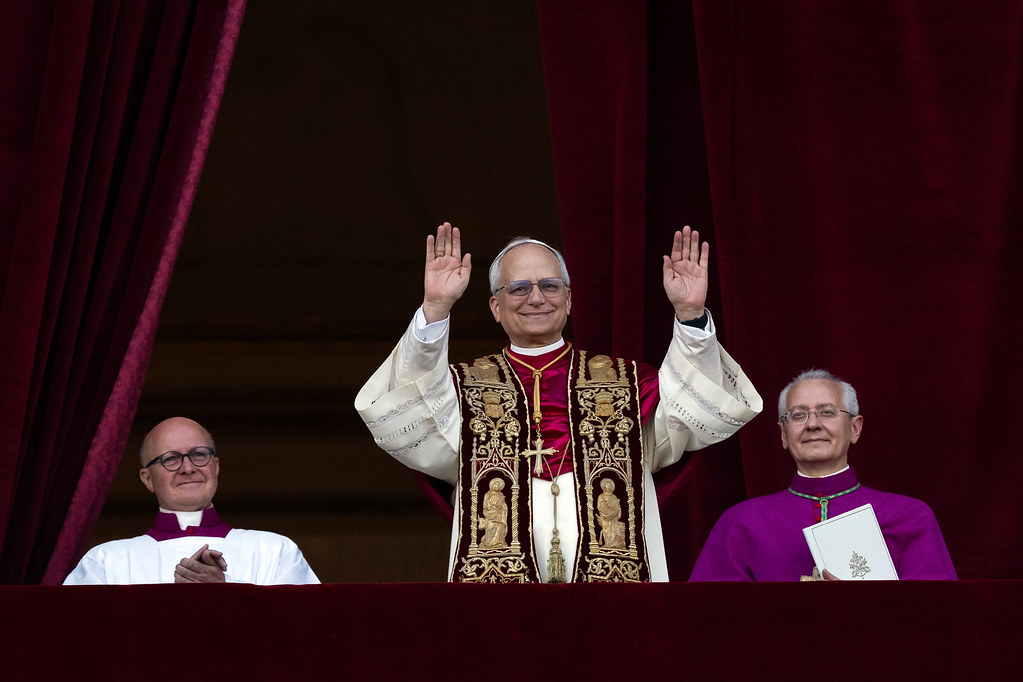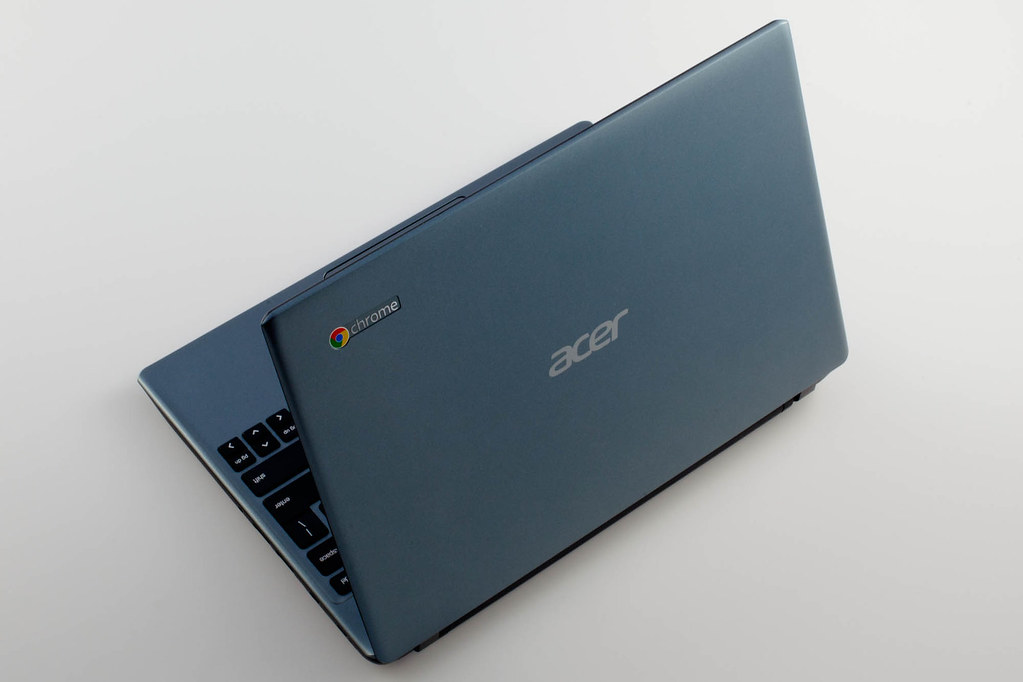The Fayetteville-Manlius Board of Education concluded its early March Board Meeting on Monday, March 11, 2024. It is important to note: just like in February, the board will host two meetings this month, the second being held on Tuesday, March 26, 2024. Excluding executive sessions regarding staff, there were four major topics: the current status of the OCM BOCES – FMCSD relationship, the Electric Busing Initiative, a summary of the Capital Project, and the confirmation of the 2024-2025 School Year Calendar. Specific details about these projects and the board meeting can be found on the F-M website or at the FMCSD YouTube account.
Capital Project Summary
Assistant Superintendent for Business Services Brad Corbin presented the details of the capital project he first overviewed during the February 26 Board meeting. Tied into this project are details about ensuring safety and security, as well as repairing structural issues at FMCSD’s schools. Through the money allotted to ensure security for FMCSD’s students, the district hopes to provide state-of-the-art cameras and surveillance systems for the district. These devices will be installed throughout FMCSD’s schools. Additional costs will be incurred to update FMCSD’s maintenance supplies.
The total cost of the capital project is estimated to be $15.4 million, which will inflict a tax cost of $26.60 per $100,000 home.
Voters in the Fayetteville-Manlius City School District will have the option to vote on this project on Tuesday, May 21st, as well as the option to vote for the following Electric Bus Initiative, the overall school district budget, three board members, and library propositions at both the Manlius and Fayetteville Libraries. Please make sure to hear the presentations at the May 12th board hearing and be sure to vote if you are of age. Details about how to vote can be found on the www.fmschools.org/ website.
Electric Busing Initiative
In September 2023, New York Governor Kathy Hochul mandated that all new public school buses must emit zero emissions by 2027, and by 2035, that the entire statewide fleet will be all-electric. She faced fierce backlash in her transition proposals from some state senators due to the costs. However, after implementing electric buses, they do tend to be more cost-efficient and have lower maintenance costs than diesel. Either way, FMCSD hopes to propel itself toward zero emissions sooner rather than later. The Electric Bus Initiative, which will be voted on separately from the Capital Project above, proposes a shift – likely not an immediate change – of FMCSD’s 64-strong diesel fleet towards electric buses. While more environmentally sustainable, the primary thing holding back FMCSD is costs. Even more, F-M will not qualify for grants from the NYS government. At the October 18th meeting Assistant Superintendent for Business Services Brad Corbin stated, “It does not appear that the F-M district would qualify for existing funding or grants, which have been prioritized for low-income and rural districts. We’re exploring our options on how to overcome the economic challenges associated with this transition while being mindful of the district taxpayers.”
Breaking down costs, estimates state that quotes for large, 71-passenger-sized electric school buses are at $488,000 – in comparison to $192,000 for a similarly sized diesel bus. In turn, the complete replacement estimate for F-M’s entire fleet is $31 million. Furthermore, there are many more expenses unaccounted for in this figure: the electric infrastructure at the main school bus site at Wellwood is not powerful enough to charge the entire fleet, and as parking at the main school bus site at Wellwood is limited, the space would need to be extended to fit extra vehicles. Even more, only 32 of F-M’s 51 bus lines would be eligible for the switch.
The final proposition that would be voted on will include 6 electric buses and a spoken commitment to reach Hochul’s timeline. These buses would replace the few current diesel buses that are to be retired for this year, and if the proposition is voted down, these old retired buses will need to be used for another year – incurring additional maintenance costs. Voters in the F-M will be able to cast their vote on this proposition come Tuesday, May 21.
Confirmation of the 2024-25 School Year Calendar
During the BOE’s meeting this past Monday, the F-M Board of Education approved the 2024-2025 school calendar, confirming school holidays, break weeks, staff development days, and vacation weeks. In contrast to years past, due to school events being rescheduled over the school year, there is no exact 12-month printed calendar. Instead, all events – district and individual school – are available on F-M’s Google Calendar with up-to-date information.
The 24-25 school year will begin for grades K-9 on Tuesday, September 3, and for 10-12 on the following day, Wednesday, September 4. Most of the days off will remain the same as the past year with a couple of changes in days off and staff development days. In observance of the Lunar New Year, there will be no school on Friday, January 29th. Furthermore, staff development days will occur on Eid al-Fitr (Monday, March 31) and Eid al-Adha (Friday, June 6). Superintendent Dr. Craig Tice emphasized that Muslim staff will be welcome to take a personal day for Eid.
Furthermore, the calendar outlines four possible emergency closing days in the event of a snow day or similar event. Tice stated that there will be no give-back days, such as the Eclipse Day received this year, to stay under the 186 school-day maximum.
The complete 2024-2025 F-M school calendar is on the F-M website.
Current Status of the OCM BOCES – FMCSD Relationship
OCM BOCES Superintendent Matthew Cook attended and spoke at the March 11 Board meeting to discuss the BOCES and F-M relationship. While Cook had no FM-specific comments or innovations to report, his attendance and presentation were a part of his regular updates. Cook highlighted the $181,000 F-M paid for BOCES services and how the money was spent. This money is equal, however, per cooperative purchasing rules, as F-M receives $199,000 back, essentially offsetting the administrative costs.
Cook outlined the services BOCES supplies, both in the Student Services and Instructional Support Services (ISS) sectors. He referenced the programs BOCES offers in Career and Technical Education initiatives (CTE), the heavy equipment repair program which is housed at Tracy Road, and the auto repair program at Drivers Village. As for ISS programs, Cook referenced the success of the Del Coser Service and First Lego League programs.









